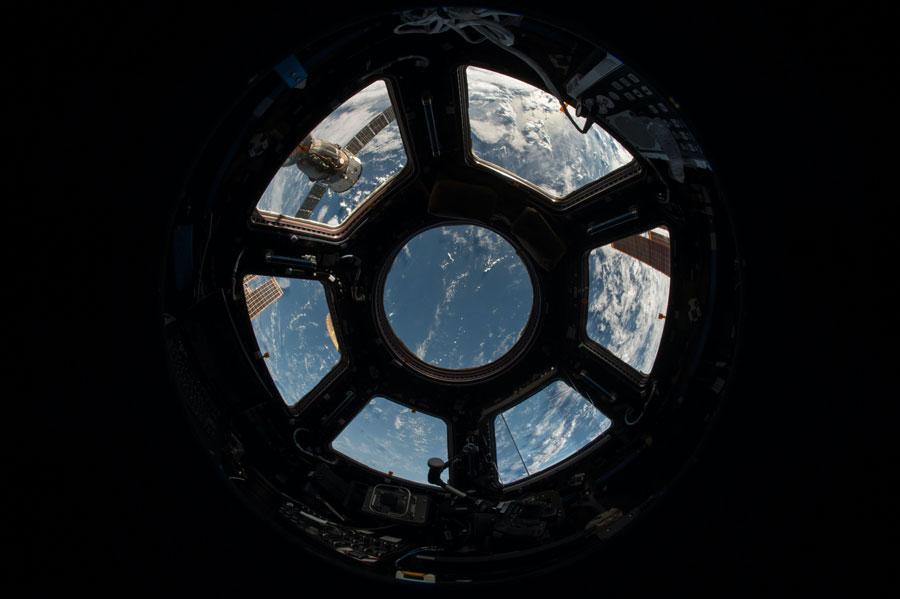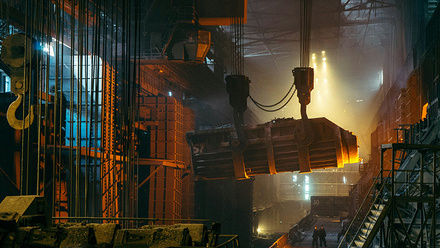Bristol researchers prepare composites for lift-off to space
Materials developed by University of Bristol scientists and engineers with support from the National Composites Centre (NCC) will be blasted 250 miles from the Earth’s surface and affixed to the International Space Station (ISS).

The novel composites will spend six months attached to the SESAME module of the ISS, orbiting the Earth some 3,000 times at speeds of 17,000 mph.
The materials are being placed on the ISS to test them in the fierce space environment, where they will be subjected to micro-meteoroids, temperatures from -150C to +150C, high velocity dust, severe electromagnetic radiation and engineering debris. Real-time data will assess how the materials are performing and will help scientists improve materials for the next generation of space missions. The tests will help University scientists on the ground improve the materials for future use.
Ian Hamerton, Professor of Polymers and Composite Materials at the University of Bristol, UK, has been spearheading the Bristol side of the mission. ‘This project will assess how our composites fare in the extreme space environment,’ Hamerton explains. ‘The data we recover will be used to make a ‘digital twin’ of the physical material, which will help us understand how these materials – and indeed other materials – function. Not only will this improve the performance of our composites, but it will help us and others develop even more ambitious space materials.’
The materials were developed using facilities within one of the University of Bristol’s specialist research institutes, the Bristol Composites Institute, with help from the National Composites Centre, based on the Bristol & Bath Science Park at Emersons Green. The NCC, one of seven centres of the High Value Manufacturing Catapult, provided support in-kind to cure the panels and machine them ready for testing, pre-launch to the International Space Station.







